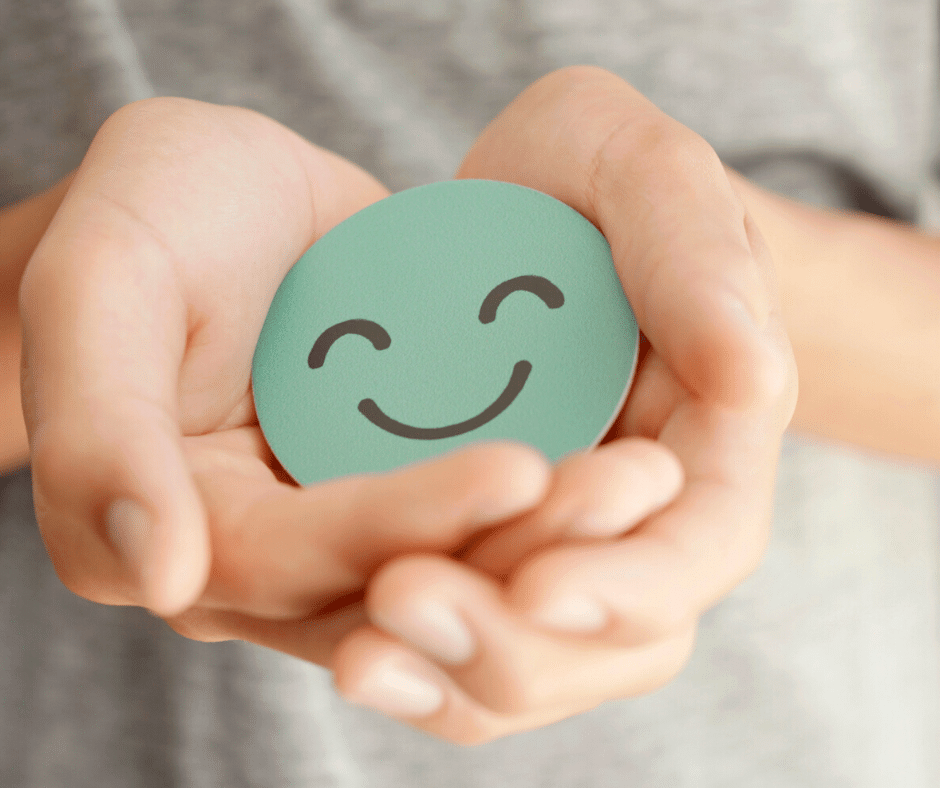
For many of us winter can leave us feeling a bit “off.” The joy and excitement of the holiday can get us through till New Years and afterwards it can feel hard, long, and dark as we digest our holidays and the months of cold ahead of us. This can bring increased feelings of loneliness, tiredness, and sadness. As a mental health therapist myself, I cannot completely avoid these feelings and wanted to share some of my own experiences and tips to help normalize and potentially improve the mood of someone feeling in a similar “winter slump.”
A Time to Recharge
During these times I find it important to remind myself “nothing in nature blooms all year long.” There are seasons of our lives in which we may feel unstoppable, productive, creative, and intuitive, like a flower displaying a delicate new petal in a color not yet seen by its audience. However, like a flower, we also must have our seasons to regroup, evaluate, and be grateful for our bloom and now our time to rest. I view winter in this light and while I do not particularly like the cold, I look forward to the slowness winter brings to my life. It forces me to slow down, spend time doing the things I had maybe been avoiding (hello messy storage room), and really take the time to tend to myself whether that be with a facial, a book, starting a new TV show, or taking intentional time with my family. Winter provides a space to really listen to myself, support my feelings and my needs. I find the most peace when I am able to radically accept how I am feeling, nonjudgmentally, and without trying to change it. The important piece is knowing when it is helpful to tend to my needs and when it is time to engage in meaningful self-care to help improve my mood.

The Importance of Social Connectedness
Most importantly, know yourself and what warning signs tell you “I’m not doing ok.” Maybe it is not talking to anyone for a day or more, no longer doing the activities that bring you joy or no longer finding enjoyment in those activities, or pulling away from your support system. Strong social connection can improve overall mood. Social connection is largely important to managing our social and emotional needs during a winter period in which our lives may slow down a bit. This connection is the degree to which people have and perceive a desired number, quality, and diversity of relationships that create a sense of belonging, and being cared for, valued, and supported. Social connectedness influences our minds, bodies, and behaviors—all of which influence our health and life expectancy. When people are socially connected and have supportive relationships they are more likely to make healthy choices and to have better mental and physical health outcomes.
We all can tend to think we know how to take good care of ourselves: eat healthy, stay physically active, and try to get enough sleep. But how many of us know that social connection is just as critical? People are by nature social creatures. Social connections are essential for our well-being. Our relationships can have a major impact on our health longevity. According to the U.S. Surgeon General, “Social connection is a fundamental human need, as essential to survival as food, water, and shelter. Throughout history, our ability to rely on one another has been crucial to survival. Now, even in modern times, we human beings are biologically wired for social connection. Our brains have adapted to expect proximity to others.” Strong social connections with others can: reduce risk of suicidal behaviors, reduce risk of violent behaviors, improve your body’s ability to recover from stress, lower rated of anxiety and depression, higher self-esteem, encourage greater empathy, and lower risk of chronic diseases.
To engage in social connection, establish new but also maintain current social connections. Consider your support networks, don’t be afraid to reach out, be there for others, don’t be afraid to fail, and express gratitude. I encourage you to find three good things and three grateful things that occurred in your day.
Don’t Be Afraid to Ask for Help
If feelings of loneliness and isolation persist and get in the way of your mental and physical well-being, don’t be afraid to seek out help and support. Maybe through a sauna session at a local establishment, a massage, a class to learn or grow a skill, a support group, or seeking services from a healthcare provider. Windom Area Health (WAH) has a variety of behavioral and integrative health services to help improve mood and overall wellbeing through this winter season. All are welcome to use the WAH Mental Health Walk-In Clinic available Monday-Friday 8:30am-2:00pm.
Lastly, remember that no winter lasts forever and no spring skips its turn. Similarly, emotions and circumstances are temporary and new seasons are coming. With a new season comes change and let spring be a reminder of how beautiful change can truly be.
By Brianna Joel, LGSW, Mental Health Therapist
